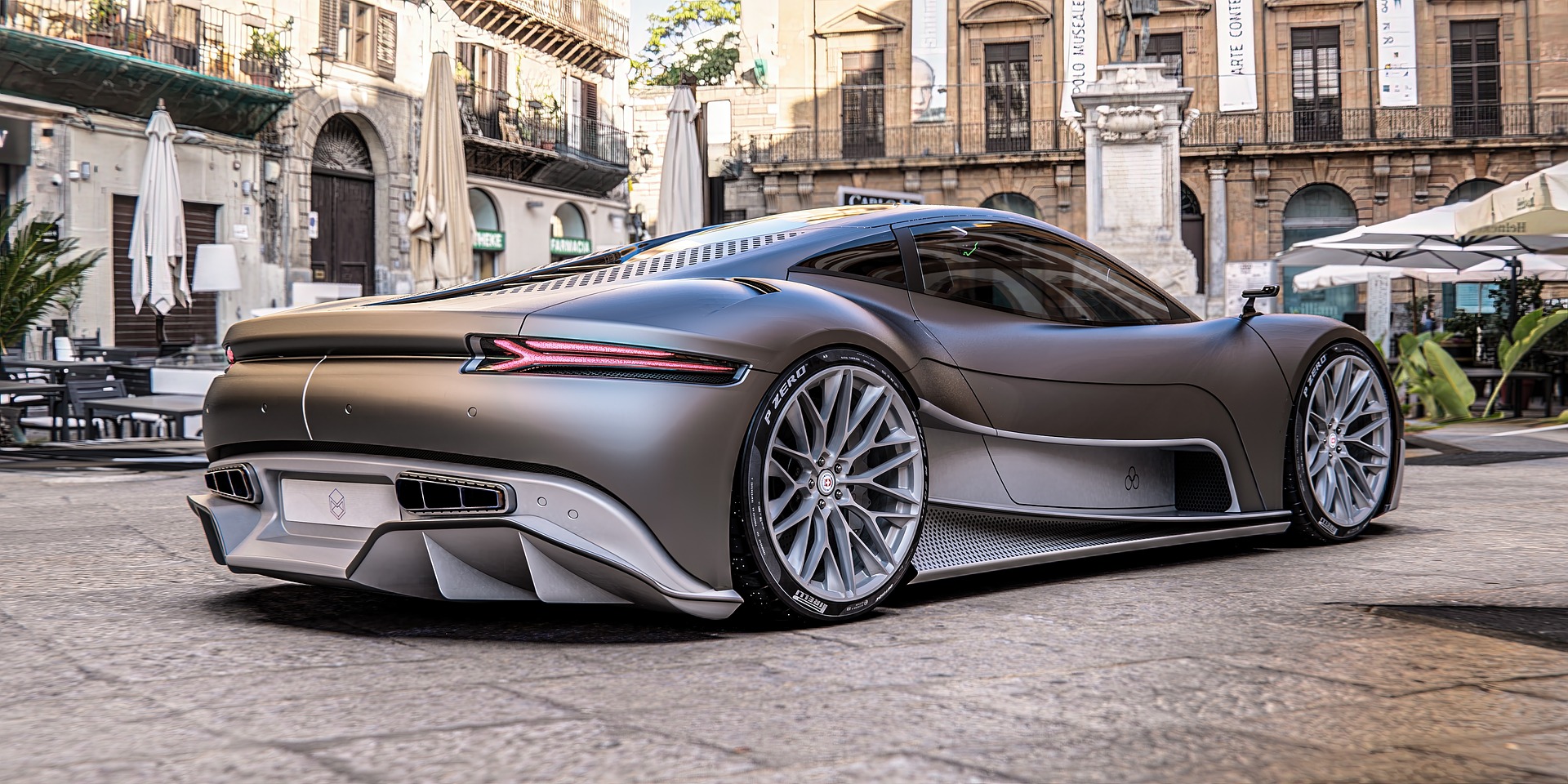The Future is Here: A Comprehensive Guide to Electric Cars
The world is rapidly shifting towards sustainable and renewable sources of energy, and one of the most visible changes is the increasing prevalence of electric cars. Electric vehicles (EVs) run on electricity instead of petrol or diesel, and they are revolutionising the way we think about transport. In this article, we explore the ins and outs of electric cars, their benefits, and how they fit into the future of transportation.

What Are Electric Cars?
Electric cars are vehicles that run on an electric motor, rather than an internal combustion engine that traditional petrol or diesel cars use. They get their power from rechargeable batteries or fuel cells.
How Do Electric Cars Work?
The heart of an electric car is its battery, which powers an electric motor. When you charge an electric car, you’re essentially filling up the battery. The energy stored in the battery is then used to power the electric motor which in turn drives the wheels. The car’s speed and performance are controlled electronically, and this is where the term ‘drive-by-wire’ technology comes from.
What Are the Benefits of Electric Cars?
Electric cars offer a range of benefits. They are environmentally friendly, producing zero tailpipe emissions. They are also cheaper to run and maintain, as electricity is less expensive than petrol or diesel, and electric cars have fewer moving parts than conventional vehicles. Additionally, they offer a smooth and quiet driving experience.
Are Electric Cars Practical for Everyday Use?
With advancements in technology, electric cars have become increasingly practical for everyday use. The driving range of most electric cars is sufficient for daily commuting, and the charging infrastructure is improving rapidly. Many electric cars now come with fast-charging capabilities, allowing them to be charged in a matter of minutes.
What Kind of Electric Cars Are Available in the Market?
There are a variety of electric cars available in the market, from compact city cars to luxury SUVs. Some of the most popular models include the Nissan Leaf, Chevrolet Bolt, Tesla Model S, and the BMW i3. Each of these models offers different features and capabilities, catering to a wide range of customer needs and preferences.
How Much Do Electric Cars Cost?
The cost of electric cars can vary widely, depending on the model, its range, features, and the manufacturer. Here is a comparison of a few popular models:
| Car Model | Manufacturer | Estimated Cost |
|---|---|---|
| Nissan Leaf | Nissan | $31,600 |
| Chevrolet Bolt | Chevrolet | $36,500 |
| Tesla Model S | Tesla | $79,990 |
| BMW i3 | BMW | $44,450 |
Prices, rates, or cost estimates mentioned in this article are based on the latest available information but may change over time. Independent research is advised before making financial decisions.
Conclusion
Electric cars are more than just a trend – they represent a significant shift in the automotive industry. As technology continues to improve and the world becomes more conscious of the need for sustainability, it’s likely that electric cars will become even more common. Whether you’re an environmentally conscious consumer, looking to save money on fuel, or simply interested in the latest technology, electric cars have something to offer everyone.




